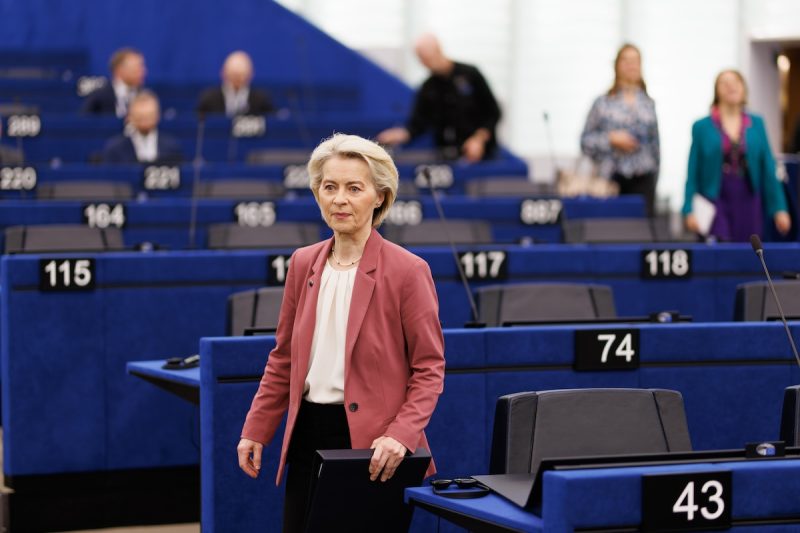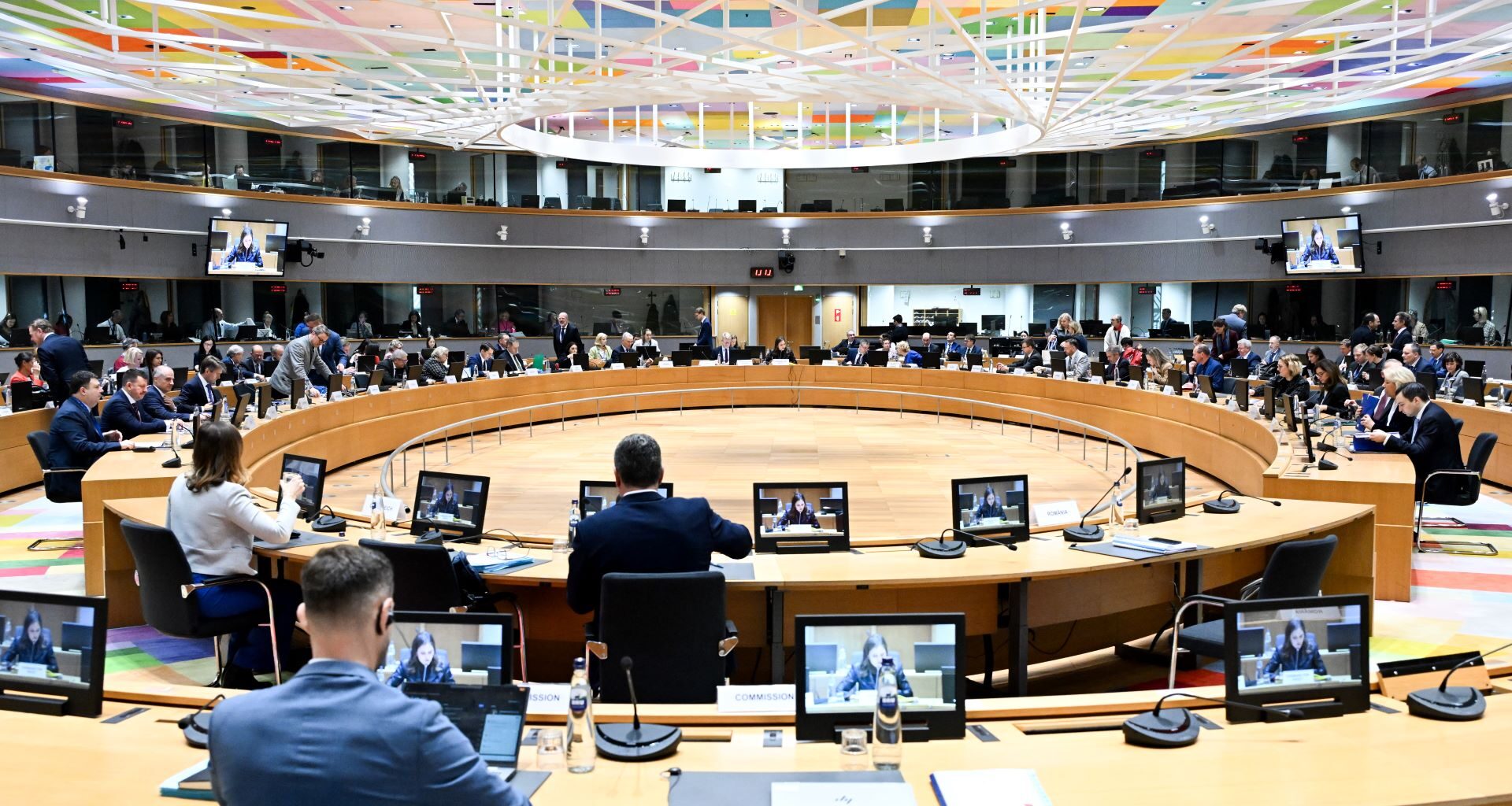France and Germany, two of the EU’s biggest budget contributors, found themselves at odds on Monday even as they tried to rally a group of like-minded countries ahead of negotiations on the bloc’s next seven-year spending plan.
At a breakfast meeting before Monday’s ministerial debate, nine high-contributing countries, including the Netherlands, Ireland and Belgium, sought to coordinate their response to the Commission’s proposed €2 trillion budget for 2028-2034.
They all agreed that the plan is too expensive in its current form. “For Sweden, it would mean a 60% increase in our contributions,” said Minister for EU Affairs Jessica Rosencrantz. “That is not realistic.”
Big increases in contribution “is not acceptable, neither economically nor politically”, Austrian Minister Claudia Plakolm said.
Yet the group remains divided on what to cut and how to reshape the budget, which has been sparking controversy ever since the Commission proposed it in July.
Germany, together with Sweden, the Netherlands, and Finland, is a staunch supporter of Commission President Ursula von der Leyen’s controversial reform plans to merge and slash farmer and regional subsidies.
By contrast, France is pushing in the opposite direction.
At Monday’s meeting, European Minister Benjamin Haddad called for pausing the agriculture-related reforms and backed von der Leyen’s new rural target to spend some €50 billion more on farmer support.
“The Commission has made several specific responses which I believe are heading in the right direction, but we need to go further,” Haddad said on Monday.
He, however, stopped short of calling for the withdrawal of farm funds from the proposed centralised national plans negotiated between Brussels and national capitals.
Instead, he emphasised the need to maintain sufficient financial support.
Disunited Parliament calls off EU budget rebellion
Parliament has called off a vote to reject the European Commission’s budget proposal, but the…
3 minutes

Others in the group also raised concerns. Ireland argued the allocation ring-fenced for the common agricultural policy is inadequate, while Austria warned the reform approach “could lead to unnecessary fragmentation”.
Outside the group of nine, opposition to the cuts is even stronger. “It’s important for this group to stick together,” Rosencrantz said.
(mm)
